The tūturuatu is the world’s rarest plover, with fewer than 250 adults remaining. These small, ground-nesting birds are bold, curious, and found nowhere else on Earth. If we lose them, we lose them forever.
Tiny Birds. Huge Threats.
Tūturuatu were last seen on mainland New Zealand in 1872. Today, they survive only on predator-free islands and in captivity. Their future depends on intensive conservation efforts: protected habitat, predator control, and a fragile captive breeding programme with just 5 breeding pairs.
With their bright orange legs, dark face mask, and charming full-body bob, these charismatic birds are easy to love – but incredibly vulnerable. Every chick that’s bred needs a safe, predator-free home to survive.
































